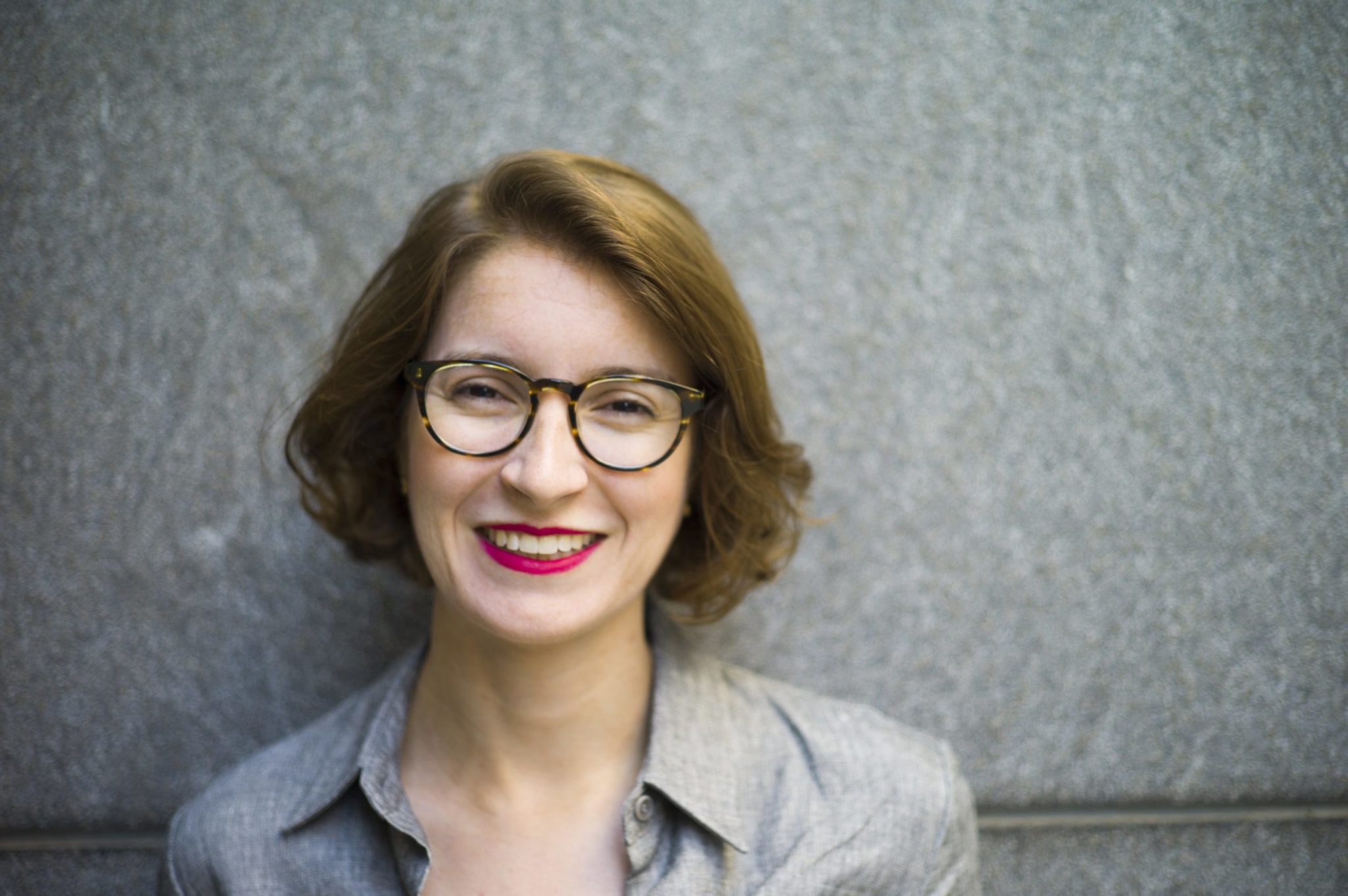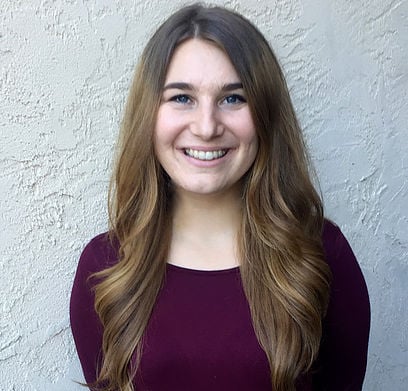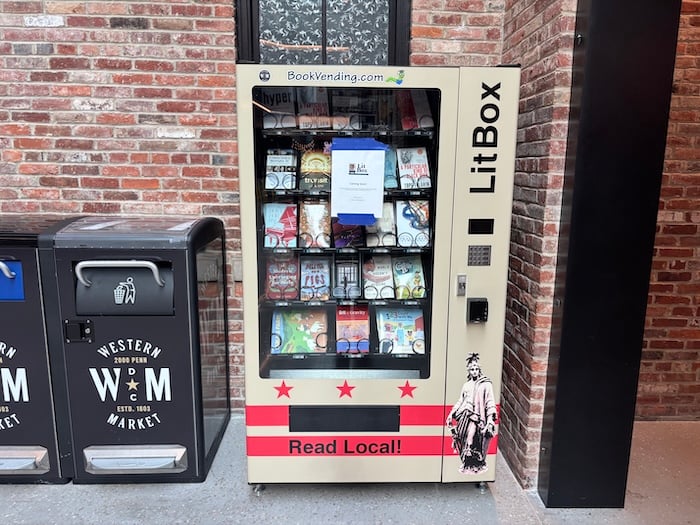If you’ve been on Twitter before, chances are you’ve encountered one of Refinery29’s Money Diaries, articles anonymously submitted by young women that chronicle a week’s worth of spending and saving. Lindsey Stanberry, Refinery29’s Work & Money editor, turned these popular personal accounts into a book, Refinery29 Money Diaries: Everything You’ve Ever Wanted To Know About Your Finances… And Everyone Else’s. She’s in town Thursday for a book reading and panel at the Loft at 600. We caught up with her to discuss the book, that viral diary from the summer, and what she’s learned from editing stories about other women’s finances.
How is the book different from the series online?
The book has ten all-new diaries. A few of the diarists have been on the site before, but they’re all new diaries. The big difference is there’s a lot of financial education in the book. We had been doing a lot of financial education on the site, but we were really excited to be able to marry the diaries and the education in a way that helps people understand why reading the diaries might help them improve their finances. I really wanted to put something in the book about asking for a raise and asking about your compensation package. We got a chance to dig in with the diarists and hear more about their experiences. Each one also comes with a Q&A and information about how much money is in their checking and savings accounts.
Are there any trends you’ve noticed in the diaries?
Politics and self-care come up a lot in the diaries. We collected these diaries over about a year and one of the diarists in the book had written hers while the House and Senate were debating whether or not to repeal Obamacare. She’s somebody who was relying on the exchange for insurance and she was really stressed about it. In her diary, she talks about going and buying alcohol as a stress reliever, and I think a lot of women can relate to that.
The stated goal of the series is to “tackle what might be the last taboo facing modern working women: money.” What progress have you seen in breaking through that?
I think it’s definitely getting a lot better, even since we started doing Money Diaries in January 2016. There are a lot of other places, too, that are doing great work around this. Sally Krawcheck and her investment platform Ellevest is a great example. I work with a bunch of female financial advisors whose goals are really to help women.
There are a lot of obstacles that prevent women from getting ahead with their money, but there are things you can do on a personal level to protect yourself and make it better. That’s not necessarily easy because there’s the gender wage gap, lack of paid family leave, and child care is grossly expensive. While I would like collectively to help everyone, if I can help one woman make her life better, then I feel like we’ve accomplished something.
Some of the online diaries have gone viral and opened up discussions about class and privilege, particularly one this summer from a 21-year-old marketing intern who makes $25/hour in New York, but who has a monthly allowance, no debt, and had most of her expenses paid for. What do you make of these conversations?
We were actually very surprised when that diary went viral mostly because we had featured women like that intern before and they hadn’t received so much attention. You never really know the magic of the internet and Twitter.
The woman was very young and I think people forgot that in the conversation. I wrote this in a response piece, that I wished that people had been kinder to her. I do think it opened up some really interesting conversations about privilege and inherited wealth. Those topics were on the tips of everyone’s tongues this summer when Kylie Jenner was on the cover of Forbes for being on the way to becoming the youngest self-made billionaire and the New York Times article about young women trying to find apartments in New York that was similarly controversial. I think this was something that’s been simmering for a while beneath the surface. I was surprised that it was a money diary that would make that bubble up, but I think it speaks to how controversial it is to talk about money and wealth and privilege.
I think that the way we judge women and money, it doesn’t really matter how much money you make because people are critical regardless. We’ve published diaries from low-income women and people are critical of them eating too much fast food. We’ve had high-income women and people are critical that they’re not saving enough. I hope Money Diaries make people more comfortable talking about money and that we can move away from that judgement, but I think that we’re so entrenched in that in our society it’s not an easy thing to break through.
What are your top money management tips for young professionals who come to an expensive city like Washington, DC, to start their careers?
These are so unsexy, but really important. I would say try to make sure you’re saving for that emergency fund. Once you’ve got that under control, make sure you’re investing in your company’s retirement fund. It’s not a popular thing to say, but in your early 20s, you shouldn’t be so worried about not making a lot of money. Take advantage of all of the free things these places have to offer. DC, New York, Chicago— all of these places have so many free activities and events. That’s how I got by in my 20s. There’s so much time in your life to enjoy the fancy restaurants. You don’t have to do it in your 20s.
This interview has been edited and condensed.



















